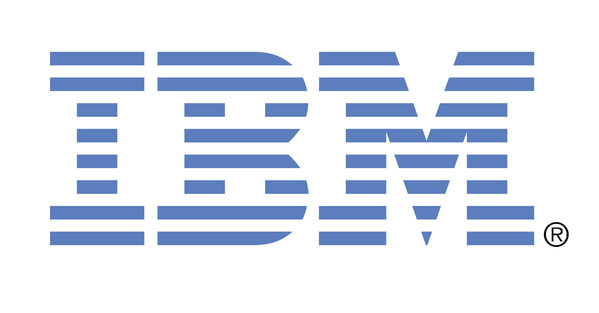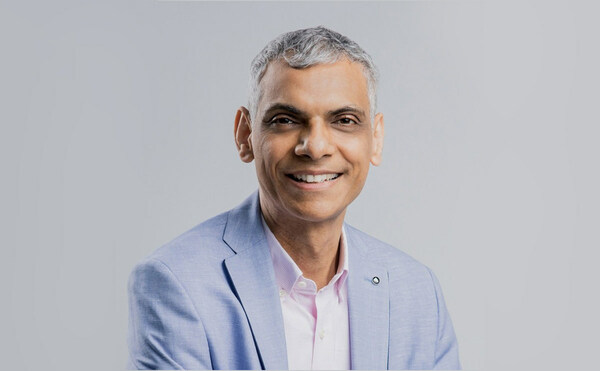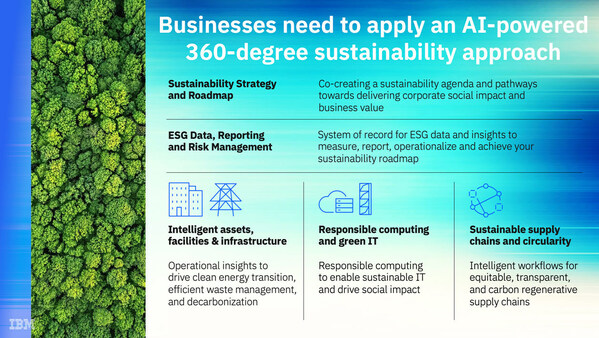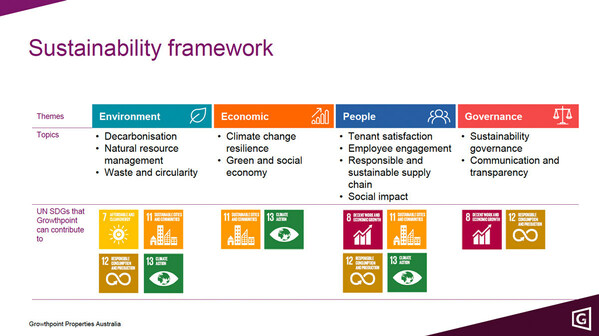IBM says AI is the only way to help organizations achieve more concrete sustainability targets

MANILA,Philippines,June 22,2023 -- ASEAN is one of the most vulnerable regions to climate change,with the Philippines among those that have suffered the greatest fatalities and economic losses because of climate-related disasters. Despite that,research has shown that the mitigation efforts by ASEAN countries have been insufficient to combat climate change. The International Monetary Fund (IMF) predicts that climate change could decrease Southeast Asia's overall GDP by over 11%.

Agnes Heftberger,General Manager and Technology Leader,IBM ASEANZK
In a recent "Road to COP 28: ASEAN ESG in Action – Planet,Profit and Purpose" media roundtable,Agnes Heftberger,IBM ASEANZK,shared that "nearly half of CEOs globally and in ASEAN said sustainability was one of their highest priorities,but lack of insights from data is a top obstacle to achieving sustainability objectives."
ESG goals are meaningless if they aren't tied to real performance data
7 in 10 CEOs today see ESG as a revenue driver rather than a cost center,according to Arun Biswas,Managing Partner,Strategic Sales & Sustainability Consulting,IBM Asia Pacific. The survey,however,found that while 95% of organizations have developed ESG propositions,only 10% have made significant progress toward their goals. CEOs cited a lack of insights from data as a top obstacle to achieving their sustainability objectives.
"At the same time the trust that customers have in ESG data that is disclosed by companies is going down quite sharply," added Arun.
Agnes highlighted that data is at the heart of solving sustainability challenges and "AI is the only way to process enormous amount of data and help organizations achieve more concrete sustainability targets."
Why? AI allows companies to collect and analyze the vast amounts of sustainability data scattered across their business while automating feedback between operational endpoints and corporate sustainability initiatives more easily. This is echoed by two-thirdsof more than 7,500 global IT leaders surveyed who said their company is currently or planning to apply AI to address sustainability goals in the near future - in particular,for managing the complexity of data and reporting.
How AI is playing a key role in bridging ESG and sustainability gap today
Globally,IBM is collaborating with NASA on new geospatial foundation model,which can potentially help provide information for estimating climate-related risks to crops,buildings,and other infrastructure,valuing and monitoring forests for carbon-offset programs,and develop predictive models to help enterprises create strategies to mitigate and adapt to climate change.
As oceans are home to up to 80% of all life in the world,generate 50% of the oxygen we need and absorb 25% of all carbon dioxide emissions,The Reef Company and IBM Consulting have recently joined force to restore and revitalize the marine ecosystem before 90% of all coral reefs are extinct by 2050.
"Our big belief at IBM is that we need to use AI to go about achieving sustainability goals,but we are only going to achieve sustainability objectives as organisations if we look at the whole 360-degree of an organisation not just one point of its setup," added Agnes.
For example,organizations will be required to consolidate more than 500 data types to supports internationally recognized ESG reporting frameworks,to consistently deliver transparent,verifiable,financial-grade information and report out on progress. A tool like IBM Envizi is required to assess progress towards sustainability benchmarks and help reduce the environmental impact of daily business operations.
Predicting the next failure can help extend the life and improve the efficiency of physical assets such as building,machinery and critical infrastructure,which reduces waste and additional resources. Through IBM Maximointelligent asset management technology,large companies across business sectors have seen 43% less downtime per year.
How organizations in our region are progressing their sustainability agenda
Three of the biggest energy companies in Asia — in peninsular and east Malaysiaandin Indonesia — are increasing the reliabilityof their power generation and distribution systems with AI-powered enterprise asset management (EAM) technology. The advanced analytic tools and IoT data today improve operational availability,extend asset lifecycles and optimize their performance,as part of the journey to reach their sustainability goals.
A real estate investment trust Growthpoint Properties Australia recognized the significance of driving sustainability through ESG transparency and the need to give investors and stakeholders the most reliable and relevant information regarding our sustainability performance. With its framework spans four themes—environment,economic,people and governance and 11 focus areas linked to 20 measurable targets,AI today helps Growthpoint automatically identify data anomalies and gaps,saving a lot of time and effort in having to manually look for errors and issues in hundreds of invoices we get every month. The Envizi tool also halves the time it takes to complete performance data uploading for the GRESB survey.
COP28 will be a milestone moment when ASEAN and the world will take stock of its progress on the Paris Agreement. We only have another seven years to meet the 2030 goal,and leaders are searching for specific ways to achieve more concrete sustainability targets,extend their reach,and operationalize their sustainability projects.
Media contact:
Paranee Reymondon
External relations leader,IBM Asia Pacific and ASEANZK
paranee@th.ibm.com

Arun Biswas,IBM Asia Pacific

Businesses need an AI-powered 360-degree sustainability approach.

Sustainability framework of Growthpoint Properties Australia